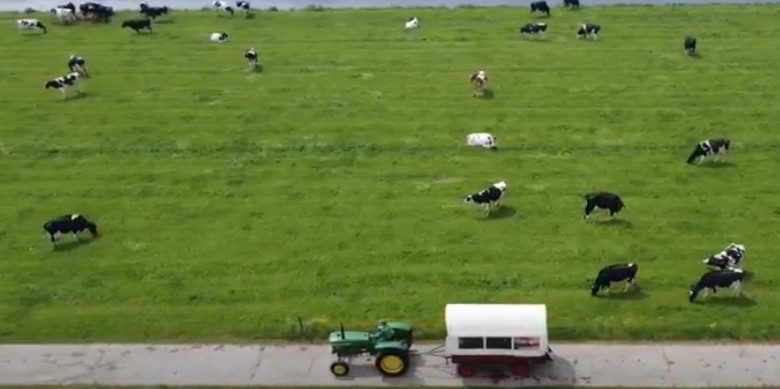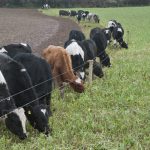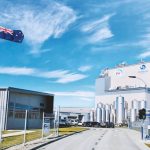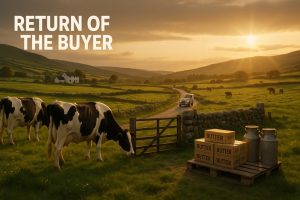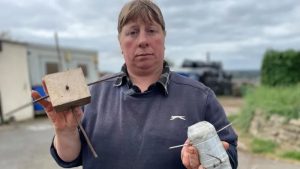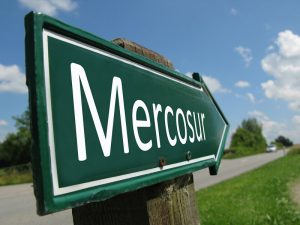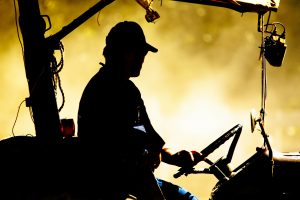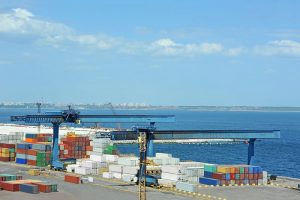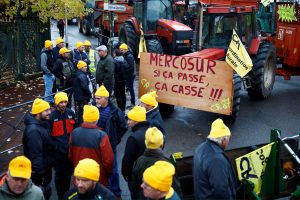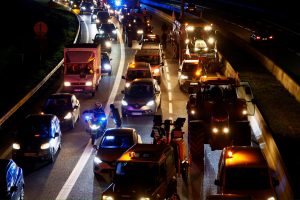
By Judith de Vor: Snelrewaard, Utrecht, Netherlands
The farmers are delivering change to the political system in the Netherlands now that a farmer-led political party formally joined a coalition government in May.
This story shows what can happen when farmers speak up, tell their stories, and persuade voters to support commonsense approaches to food production.
We can win hearts and minds—and then we can win elections.
As a dairy farmer in the Netherlands, I’m encouraged by the result because it is an opportunity to help my country’s agricultural policies move forward in a way that balances the interests of farmers, consumers, and the environment.
It also holds lessons for the rest of Europe, where farmers in Germany and elsewhere have protested policies that unfairly restrict agriculture. Farmers have objected to regulations that treat them as foes. We should be friends in a quest to supply Europe with the food it needs in a way that is both economically and environmentally sustainable.
The political achievement of farmers in the Netherlands began in crisis, when the previous government announced a campaign to decrease nitrogen emissions. Its plan can be summed up in just one sentence: Insufficiently in balance with other factors that determine the quality of nature, insufficiently in balance with the economic situation of the farmer, insufficiently taking into account the feelings and realization that several generations have their farms in one place, and insufficiently doing justice to the changes and improvements that have taken place. Focusing on reducing livestock is not the solution.
That’s the threat when farmers don’t have a voice in government. People who know little or nothing about agriculture and food production propose reckless and devastating schemes.
In response to this emergency, farmers created a new political party: the Farmer-Citizen Movement, also known as “BBB,” an abbreviation for its Dutch name, BoerBurgerBeweging. It won a single election in 2021: a seat in Parliament for one of its founders.
Then came a series of victories in 2023. In March, the BBB won more than a hundred seats in provincial governments, in an early sign of what would come. In May, it won 16 seats in the Senate. Finally, in November, it won six additional seats in Parliament.
Historically, in the Netherlands we almost always have a coalition government among its various political parties. And now, the next chapter has been added: The BBB and three others have come together in an alliance. The members of the coalition are still building a cabinet, but they have developed a policy agenda and recently selected the next Prime Minister: Dick Schoof, a former Intelligence Chief.
The most visible change involves a name, as the current Ministry of Agriculture, Nature, and Food Quality will become the Ministry of Agriculture, Fisheries, Food Security, and Nature. This may look merely symbolic, but symbols can have real meaning—and replacing “Food Quality” with “Food Security” indicates a new emphasis on food production and the farmers who make it possible, with the complex geo-political situation in mind.
Keeping the word “Nature” in the name also is vital because farmers care about conservation. We work close on the land and in its soil. Our livelihoods depend on tending to it—and that involves looking at nature more broadly than nitrogen alone. Rather than the approach of the previous government, however, the new coalition will work with farmers to create reasonable objectives for livestock, manure, and more. When this is done correctly, the farmer has the opportunity to look at the company-specific elements and use the freedom of craftsmanship to achieve the goals.
Most important, though, is a new spirit represented in the coalition agreement. Rather than treating farmers as a problem to be solved, the incoming government will see them as resources who play an important role in the national and rural economies, international trade, and the environment.
With this fresh approach, we may even be able to convince more young people to consider careers in agriculture. They’re the future of food production everywhere, but the attacks on farmers in the Netherlands had created too much uncertainty and discouraged too many. This bad situation may now improve.
None of these accomplishments would have happened if farmers had stayed quiet. We’re often tempted to avoid politics, in the belief that if we just focus on our work, everything will turn out alright.
We may not be interested in politics all the time, but politics is interested in us—and we must continue to join political conversations, even if they’re uncomfortable and we’re reluctant.
Farmers have positive stories to tell—and by telling them here in the Netherlands, we’ve inspired what journalist Gerardo Fortuna of EuroNews recently called “the first activist farmers’ political group to break into government.” It might be a wind of change for agriculture in the next couple of years.
Judith de Vor and her husband have a modern, sustainable dairy farm in the central area of the Netherlands. They have created an educational center on their farm for school children and to decrease the information gap between policy makers and farmers. Judith is a member of the Global Farmer Network. www.globalfarmernetwork.org
You can now read the most important #news on #eDairyNews #Whatsapp channels!!!
🇺🇸 eDairy News INGLÊS: https://whatsapp.com/channel/0029VaKsjzGDTkJyIN6hcP1K
